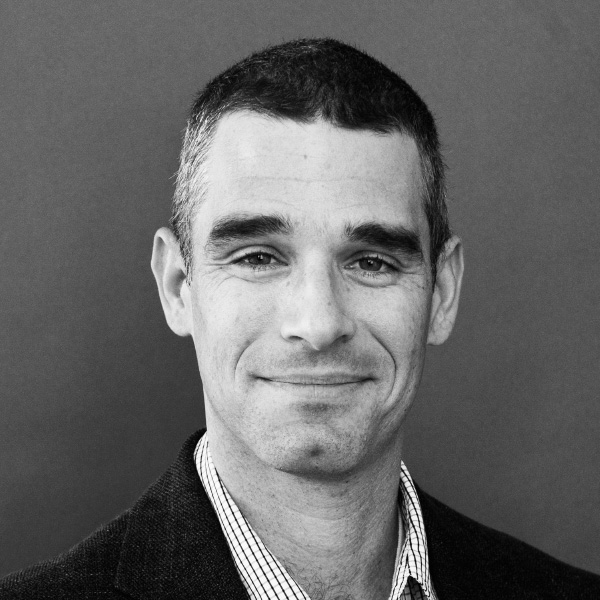Latest Articles
Inside the Secret Math Society Known Simply as Nicolas Bourbaki
For almost a century, the anonymous members of Nicolas Bourbaki have written books intended as pure expressions of mathematical thought.
Disorder Persists in Larger Graphs, New Math Proof Finds
David Conlon and Asaf Ferber have raised the lower bound for multicolor “Ramsey numbers,” which quantify how big graphs can get before patterns inevitably emerge.
Building the Mathematical Library of the Future
A small community of mathematicians is using a software program called Lean to build a new digital repository. They hope it represents the future of their field.
At the Math Olympiad, Computers Prepare to Go for the Gold
Computer scientists are trying to build an AI system that can win a gold medal at the world’s premier math competition.
Computer Scientists Attempt to Corner the Collatz Conjecture
A powerful technique called SAT solving could work on the notorious Collatz conjecture. But it’s a long shot.
Computer Search Settles 90-Year-Old Math Problem
By translating Keller’s conjecture into a computer-friendly search for a type of graph, researchers have finally resolved a problem about covering spaces with tiles.
How Physics Found a Geometric Structure for Math to Play With
Symplectic geometry is a relatively new field with implications for much of modern mathematics. Here’s what it’s all about.
The Tricky Math of Herd Immunity for COVID-19
Herd immunity differs from place to place, and many factors influence how it’s calculated.
New Geometric Perspective Cracks Old Problem About Rectangles
While locked down due to COVID-19, Joshua Greene and Andrew Lobb figured out how to prove a version of the “rectangular peg problem.”









